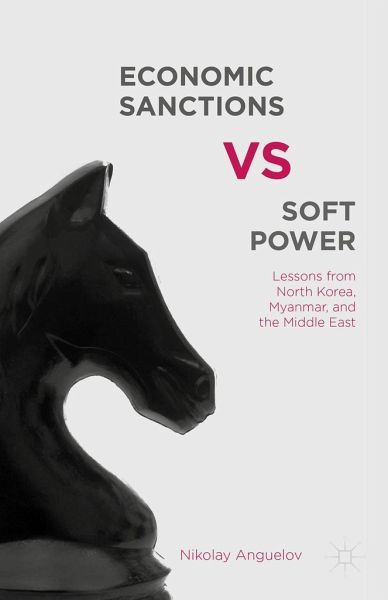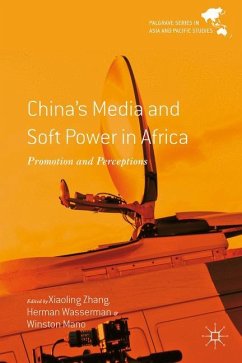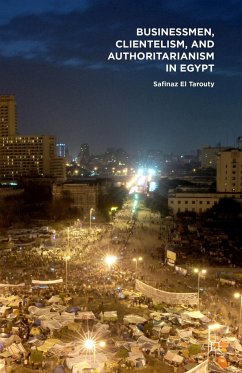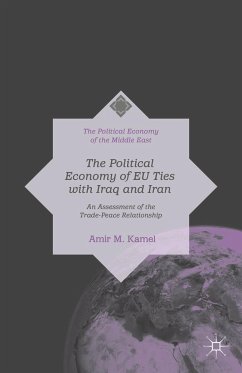
Economic Sanctions vs. Soft Power
Lessons from North Korea, Myanmar, and the Middle East

PAYBACK Punkte
19 °P sammeln!
The book examines the industrial growth of sanctioned nations in terms of their ability to foster trade partnerships with countries that choose to evade or not comply with sanctions. When those "black knight" nations find strong local market competitive advantages in the absence of firms from sender nations, incentives develop to support local political status quos. For those reasons, the political resilience of rogue and repressive regimes is analyzed in terms of their economic incentives to remain repressive. The resilience is based on the fact that the local politicians are also the local b...
The book examines the industrial growth of sanctioned nations in terms of their ability to foster trade partnerships with countries that choose to evade or not comply with sanctions. When those "black knight" nations find strong local market competitive advantages in the absence of firms from sender nations, incentives develop to support local political status quos. For those reasons, the political resilience of rogue and repressive regimes is analyzed in terms of their economic incentives to remain repressive. The resilience is based on the fact that the local politicians are also the local businessmen. Through the growth of international production networks, their business opportunities augment and the rents associated with that growth also increase. As business opportunities grow in the absence of competition, so does the amount of rent extraction and protection. Rent protecting leads to strengthening economic and political leadership, because the wealth is used for creating further rents by providing economic benefits to the regime supporters. Economic Sanctions vs. Soft Power shows how the system of self-enforcing economic rents builds political rents and lowers opportunities for the development of viable political oppositions.














